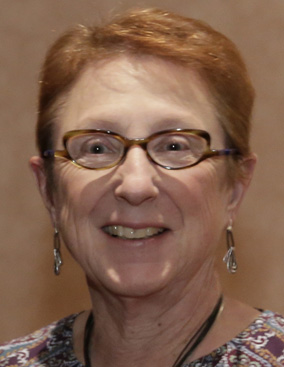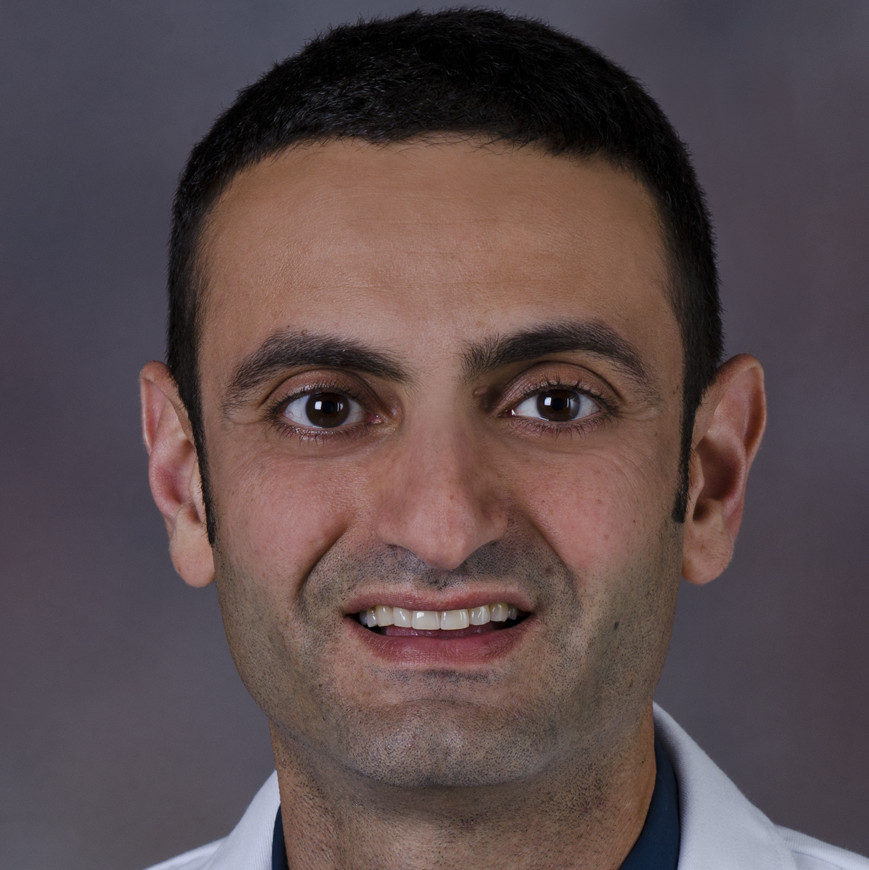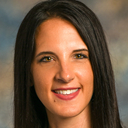New Frontiers for Neuromuscular Blockade Use and Reversal
In this activity, the faculty address contemporary issues regarding neuromuscular blockade and reversal in the context of case scenarios, each followed by a discussion of the science supporting current thinking or trends. The scenarios will include the shift from inpatient to outpatient surgeries and the management of high risk patients, as well as suggestions for conducting drug-use reviews and developing guidelines related to the use of neuromuscular reversal agents within institutions.
Learning Objectives
- Explain the science of neuromuscular blockade (NMB) and reversal.
- Consider patient and procedural risk factors when managing reversal of neuromuscular blockade.
- Improve communication between the anesthesia clinician and recovery team about the NMB reversal strategy.
- Begin the process of conducting a drug-use evaluation or developing guidelines related to the use of neuromuscular reversal agents in your institution.
Faculty

Deborah Wagner, Pharm.D., FASHP
Clinical Professor of Pharmacy
University of Michigan College of Pharmacy
Clinical Professor of Anesthesiology
Michigan Medicine
Ann Arbor, Michigan

Michael Aziz, M.D.
Professor of Anesthesiology and Perioperative Medicine
Oregon Health & Science University
Portland, Oregon

Rachel C. Wolfe, Pharm.D., M.H.A., BCCCP
Clinical Pharmacy Specialist
Perioperative and Surgical Critical Care
Barnes-Jewish Hospital
St. Louis, Missouri
This activity was planned to meet the educational needs of pharmacists, physicians, physician assistants, and nurse practitioners involved in care for surgical patients requiring neuromuscular blockade.
Participants should claim CE credit for this home-study activity only if they have not claimed credit for the live activity.
To receive CE credit, complete the steps below within 60 days of completing the activity.
- View entire presentation and answer all polling questions.
- Click "Complete Activity" on the last slide to link to complete the evaluation.
- Verify credits were successfully transferred to CPE Monitor before the ACPE 60-day deadline by checking your NABP eProfile account.
After the 60-day deadline, ASHP will no longer be able to report credit(s).
In accordance with ACCME and ACPE Standards for Commercial Support, ASHP policy requires that all faculty, planners, reviewers, staff, and others in a position to control the content of this presentation disclose their financial relationships.
In this activity, only the individual/s below has disclosed a relevant financial relationship. No other persons associated with this presentation have disclosed any relevant financial relationships.
- Michael Aziz, M.D.
- Merck: consultant (has divested himself of this relationship)
- Deborah Wagner, Pharm.D., FASHP
- Fresenius Kabi: consultant
- Merck: consultant
- Rachel C. Wolfe, Pharm.D., M.H.A., BCCCP
- Merck: speaker's bureau

The American Society of Health-System Pharmacists is accredited by the Accreditation Council for Pharmacy Education as a provider of continuing pharmacy education.
ACPE #: 0204-0000-19-417-H01-P
Release Date: March 31, 2020
Expiration Date: March 31, 2021
Activity Type: Application-based
CE Credits: 1.5 hours
Activity Fee: Free of charge

The American Society of Health-System Pharmacists is accredited by the Accreditation Council for Continuing Medical Education to provide continuing medical education for physicians.
The American Society of Health-System Pharmacists designates this enduring material for a maximum of 1.5 AMA PRA Category 1 Credits™. Physicians should claim only the credit commensurate with the extent of their participation in the activity.
